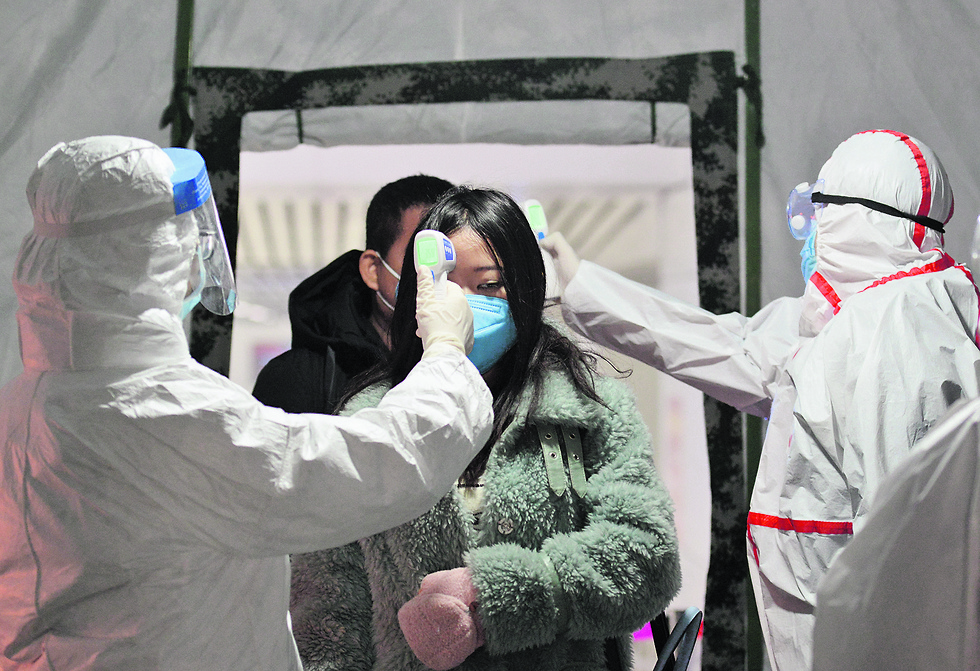Getting your Trinity Audio player ready...
The World Health Organization declared the outbreak sparked by a new virus in China that has been exported to more than a dozen countries as a global emergency Thursday after the number of cases spiked more than tenfold in a week.
The UN health agency defines an international emergency as an "extraordinary event" that constitutes a risk to other countries and requires a coordinated international response.
China first informed WHO about cases of the new virus in late December. To date, China has reported more than 7,800 cases including 170 deaths. Eighteen other countries have since reported cases, as scientists race to understand how exactly the virus is spreading and how severe it is.
Experts say there is significant evidence the virus is spreading among people in China and have noted with concern instances in other countries - including the United States, France, Japan, Germany, Canada and Vietnam - where there have also been isolated cases of human-to-human transmission.
Speaking to reporters in Geneva, WHO Director-General Tedros Adhanom Ghebreyesus noted the worrisome spread of the virus between people outside China.
The main reason for this declaration is not because of what is happening in China but because of what is happening in other countries, Ghebreyesus said. "Our greatest concern is the potential for this virus to spread to countries with weaker health systems which are ill-prepared to deal with it."
"This declaration is not a vote of non-confidence in China...on the contrary, WHO continues to have the confidence in China's capacity to control the outbreak," Ghebreyesus said.
On Thursday, France confirmed that a doctor who was in contact with a patient with the new virus later became infected himself. The doctor is now being treated in an isolated room at a Paris hospital. Outbreak specialists worry that the spread of new viruses from patients to health workers can signal the virus is becoming adapted to human transmission.
A declaration of a global emergency typically brings greater money and resources, but may also prompt nervous governments to restrict travel and trade to affected countries. The announcement also imposes more disease reporting requirements on countries.
The health ministry published on Thursday guidelines for Israelis traveling back from areas hit by the coronavirus.
The new directive urges Israelis who have been to China in the past 14 days not to go to public spaces for a two-week period.
In any case of a fever, coughing or shortness of breath, patients are instructed to contact a health care provider or emergency room and notify them in advance that the patient has been in China recently.
Patients are also instructed to cover their mouth and nose with masks or other available cloth.
Absence from work during this two-week period would not require patients to obtain sick leave from a physician.
Earlier Thursday, Health Minister Yaakov Litzman banned the entry of flights from China to Israel as a precautionary against the coronavirus outbreak in the East Asian country.
Litzman announced the new directive at the end of a meeting at the Emergency Department of the Ministry of Health revolving around confinement and treatment of the virus.
"After extensive consultations, we've made a number of decisions pertaining to the coronavirus," said Litzman. "The numerous cases of the virus discovered in Europe require us to do everything we can to keep the Israeli people safe. We do not currently allow flights from China to Israel until further notice."
"We shall examine tourists arriving in Israel from other countries as well and those who return from China will have to spend two weeks in solitary confinement at their homes - the period when they may still be contagious."
Also on Thursday, Israeli airline El Al on said it will suspend all flights to China effective immediately for a period of at least two months, due to the outbreak of the deadly pathogen in the country.



